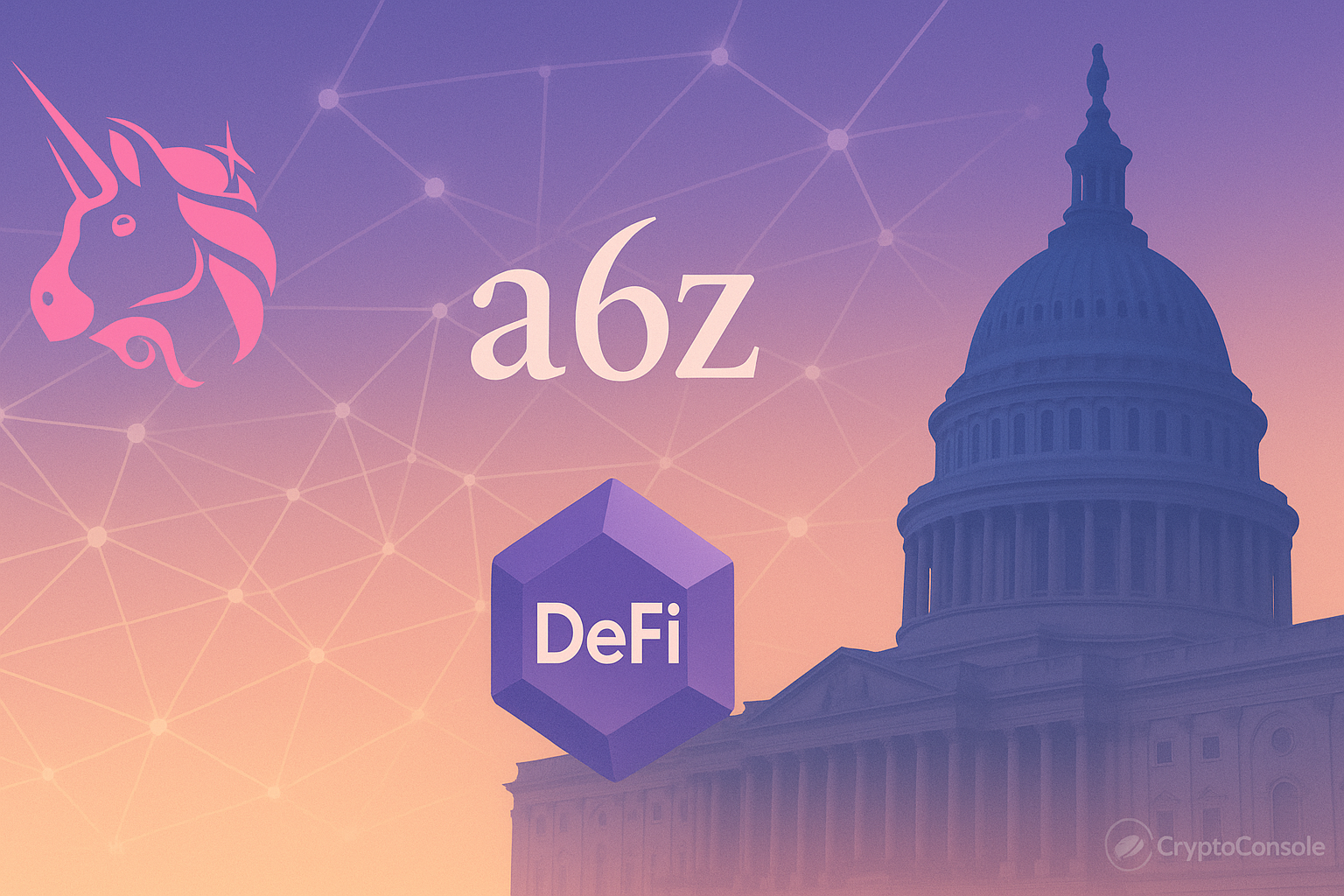Key Takeaways
- DeFi Education Fund (DEF) urges the Senate to treat DeFi separately from centralized finance in the RFIA 2025 bill.
- Major firms like a16z, Uniswap, and Solana Policy Institute back the call for tech-neutral, developer-friendly regulation.
- DEF warns that lack of federal preemption could allow big banks to suppress DeFi innovation through state-level actions.
DeFi Leaders Call for Clear and Fair Regulation in Senate Bill
DeFi Education Fund (DEF), which has the support of such major crypto players as a16z Crypto, Uniswap Labs, and the Solana Policy Institute, has asked the Senate Banking Committee to change its minds about how they want to regulate just decentralized finance (DeFi). This call comes as a response to the request for feedback on the Responsible Financial Innovation Act (RFIA) of 2025, which seeks to provide a clear plan for the regulation of digital assets.
DEF, in a letter that was co-signed by some top firms such as Multicoin Capital, Variant Fund, Paradigm, and Jito Labs, stated four main principles on which their proposal is based.
- The need to recognize the difference between the DeFi developers and the centralized intermediaries
- The necessity of providing clear criteria to decide upon the decentralization
- The given description of the registration requirements for intermediaries
- The tech-neutral agreements that are not going to hinder the innovation
In the comments, it is underlined that the open-source, non-custodial software must not be regarded as one financial institution. DEF also referred to the still-going-on case of Tornado Cash developer Roman Storm, where they claim that the publishing of the code should not be equivalent to the criminal behavior if the software is decentralized and non-controlling.
Push for Federal Preemption to Protect DeFi Innovation
Another major point raised by DEF is the need for federal laws to override inconsistent state regulations. The group warned that without federal preemption, powerful financial institutions could manipulate fragmented rules to suppress competition from DeFi innovators.
“Without a unified framework, traditional finance may back state-level crackdowns not to protect consumers, but to hinder rivals,” DEF stated.
This response is part of a broader effort to ensure that the U.S. remains a hub for blockchain innovation while safeguarding consumer interests and national security.
Summary
In light of proposed digital asset regulations, leading crypto firms are uniting to safeguard the DeFi space. Their message is clear: DeFi should not be regulated like centralized finance. By pushing for tech-neutral policies, legal clarity, and federal oversight, these firms aim to protect developers, encourage innovation, and maintain the U.S.’s competitive edge in Web3.
Also Read: Spot Ethereum ETFs: Why ETH Inflows Hit $5.4B in 20 Days
HTRD54CV












